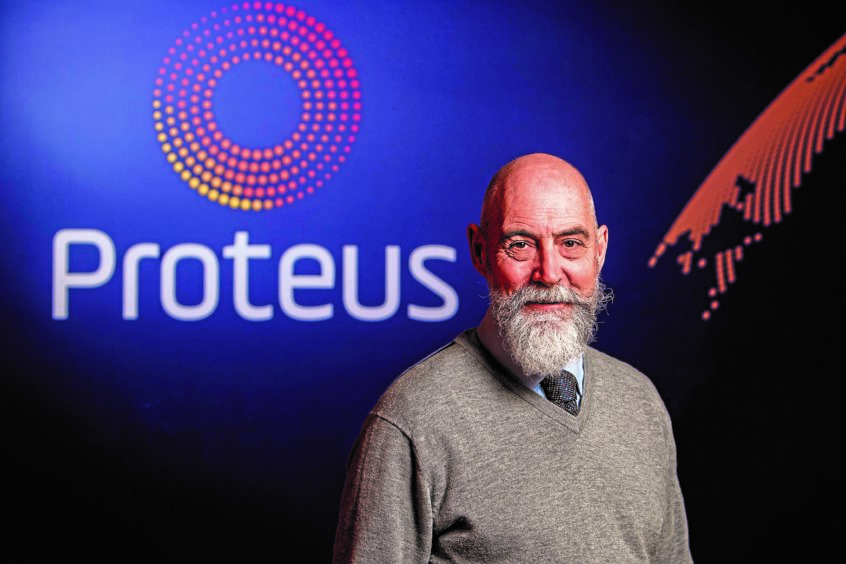
We live in a world in a hurry. A world with both an insatiable hunger for energy and an understanding of the need to achieve net-zero carbon emissions by 2050. It’s complicated but these paradigms are not mutually exclusive. Finding a solution that achieves both of these objectives will be an enormous challenge but is far from impossible.
Our existing energy ecosystem is fractured at best and following seven years of recession we are beyond recovery in many areas. We have borne witness to hundreds of thousands of jobs losses, bankruptcies from established industry players, declining oil prices and prolonged demand erosion caused by the global Covid pandemic.
In four decades we have gone from being the most exciting industry in the world, to being subject to a societal revolution and ostracisation by the general public based on past behaviours that lacked openness and transparency. Trust is, however, not a fixed commodity. We are not too late to retain our social license to operate. Mastering our “muck-ups” must be at the forefront of our comeback. We must win back trust by demonstrating a level of thought leadership and capital discipline by applying our wisdom to lead and build sustainable businesses that deliver the diversified energy solutions our world desperately needs.
After almost a decade of downsizing and cost cutting we must embrace the digital economy as our partner of choice. Our decades of experience will help us to discern the key, low-carbon technologies required, including how and where they can be deployed. Data capture, process digitalisation and digital connectivity will be essential tools if we are to harness talent from around the world and put it to work at pace to deliver safe and efficient low carbon solutions for the planet. We need to be seen to both accelerate and lead the changes in our corporate processes and individual commitments to environmental progress.
There is a new generation of highly motivated and skilled talent prioritising eco-stability. This group demands technical solutions that enable connectedness to improve the efficiency of the way we work. They want solutions that are agnostic in delivery, process driven and most importantly, digitalised. Tailoring the working experience towards the upcoming generation will be fundamental for the sustainability of our “comeback”. It will drive the industry forward, including adapting our incredible untold story to demonstrate best efforts for being environmentally integrated, empowering the new workforce to lead the energy transition to new heights of technical prowess and acceptability.
It’s imperative for us to develop and utilise radically different performance driven solutions, including data harvesting, AI and accelerated cognitive talent matching with process. This will allow our industry to harness the power of enhanced digitalisation and build societal and investor confidence that we can deliver economic energy projects with tighter margins. Professional services, and workplace management automation will become increasingly important as they give organisations the ability to not only drive project efficiency and effectiveness, but also overall business efficiency at the very top level.
Much of our ability to move at pace and make informed decisions is based on understanding the data that is in front of us. A digitalised supply chain with a waterfall of transparent and open sourced data is crucial. The adoption of software management solutions, which embed established best practice, means minimising and mitigating risk, benchmarking performance and utilising data efficiently.
Following decades of experience in project management, our focus here at Proteus, developed by Xergy is to build a software platform that enables the industry to be able to adapt quickly to the benefits of professional services and work management automation. We focus on the methodologies of success when applied to the planning, procurement and execution of projects and effective connection to rated global talent.
Our industry has evolved to satisfy the hydrocarbon needs of the planet but we must continue to evolve to lead the energy transition to renewable energy and the needs of a global low carbon economy. We have an opportunity to reinvent ourselves and change the narrative, become part of a solution that merges energy integration and digital transformation.
A diversified energy industry can once again become the employer of choice and the story everyone wants to hear.
Recommended for you
